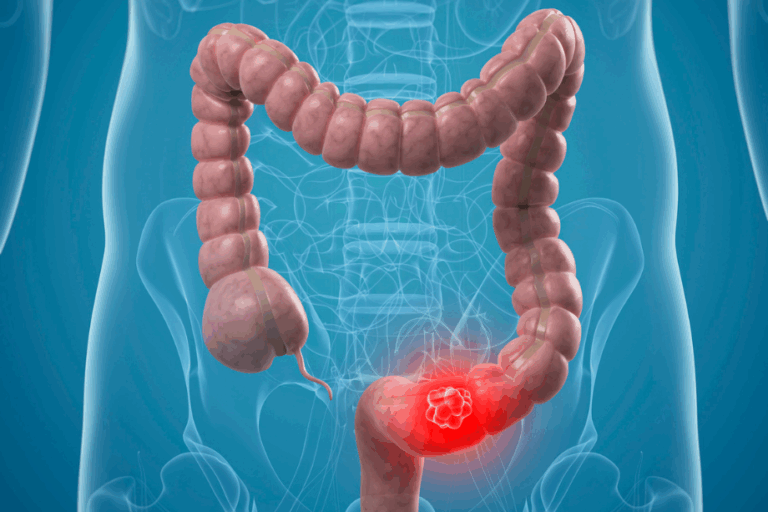A recent study found that half a serving of nuts daily may help decrease weight gain and lower the risk of obesity. Researchers assessed the impact of nut consumption on weight by analyzing 3 cohorts of men and women between the ages of 24 and 75, including a total of 145,000 participants. The cohorts were followed for 2 or more decades (between 20 and 24 years).
Scientists prospectively analyzed changes in nut consumption (including nuts, peanuts, walnuts, and other tree nuts) over 4-year increments and its association to weight gain and obesity risk. In the decades observed, average annual weight gain was 0.32kg per individual, or approximately 0.7 pounds/year. When increasing nut consumption by 14 grams (equivalent to approximately 12 almonds) daily, a significant decrease in weight gain over 4 years was observed. An increase in total nut consumption was also associated with a significantly lower risk of obesity. Researchers also found that substituting nuts for processed foods, including red meat, processed meat, French fries, or chips, was associated with significant lower weight gain. Nut consumption has also been associated with a myriad of positive health benefits in previous studies, including reduced risk of chronic diseases like cardiovascular disease and type 2 diabetes. In a 2015 study, nuts proved effective in reducing all-cause mortality and cardiovascular disease deaths.
What do these findings tell us? Nuts are a source of healthy fat that can aid in managing weight and preventing obesity over the long-term when consumed daily, especially when substituting nuts for less healthy foods. While this study is limited in its scope – it was conducted in cohorts made up of healthcare workers and lacked racial diversity – it stresses the importance of healthy fats on long-term health. Counting calories and fat grams is a way of the past, and instead, we should focus on the sources of our calories and fat grams. If you are allergic to nuts or don’t like them, focus on other food sources with similar nutrient profiles, such as seeds and avocados.







